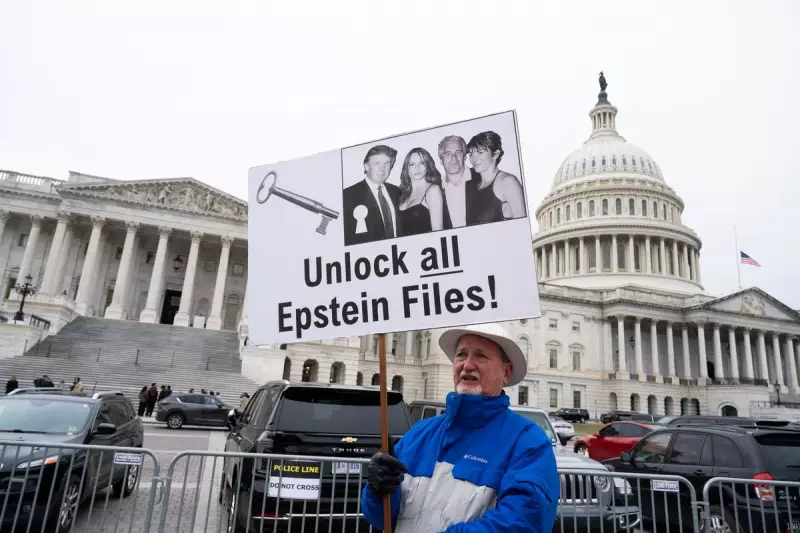
In a landmark move for transparency, the United States government has passed legislation forcing the public release of documents related to the investigations into financier Jeffrey Epstein and his associate, Ghislaine Maxwell.
The bill, known as the Epstein Files Transparency Act, was approved by an overwhelming majority in the House of Representatives and has been signed into law by President Donald Trump.
The Push for Public Disclosure
The legislative push culminated on November 18, 2025, when the House voted 427-1 to approve the act. This near-unanimous decision underscores the significant political pressure to shed light on the extensive investigations surrounding the disgraced financier and his accomplice.
The new law gives Attorney General Pam Bondi a strict 30-day deadline from its enactment to make all materials public. This includes a vast array of evidence such as internal communications, investigative reports, and other documents gathered by federal agencies.
Permissible Redactions and Justifications
Despite the mandate for full disclosure, the legislation explicitly allows for certain information to be redacted or withheld. The permitted exceptions are designed to protect specific interests and individuals.
Redactions are allowed if the release "would jeopardise an active federal investigation or ongoing prosecution". Furthermore, to protect the victims involved, items containing "personally identifiable information" that would lead to a "clearly unwarranted invasion of personal privacy" can be withheld.
The law also anticipates the redaction of "child sexual abuse materials" and any images depicting "death, physical abuse, or injury". For any evidence that is redacted or not released, the Department of Justice (DOJ) is required to provide a written justification to the public within 15 days of the main document release.
A Shield Against Reputational Concerns
A crucial clause in the act aims to prevent the suppression of information for reasons of embarrassment or political sensitivity. It mandates that "no record shall be withheld, delayed, or redacted based on embarrassment, reputational harm, or political sensitivity, including to any government official, public figure, or foreign dignitary".
This provision is seen as a direct effort to ensure that powerful individuals named in the files cannot use their influence to keep potentially damaging information secret.
The world now watches as the 30-day clock ticks down, waiting to see which documents will see the light of day and which will remain concealed under the law's specific exemptions.





